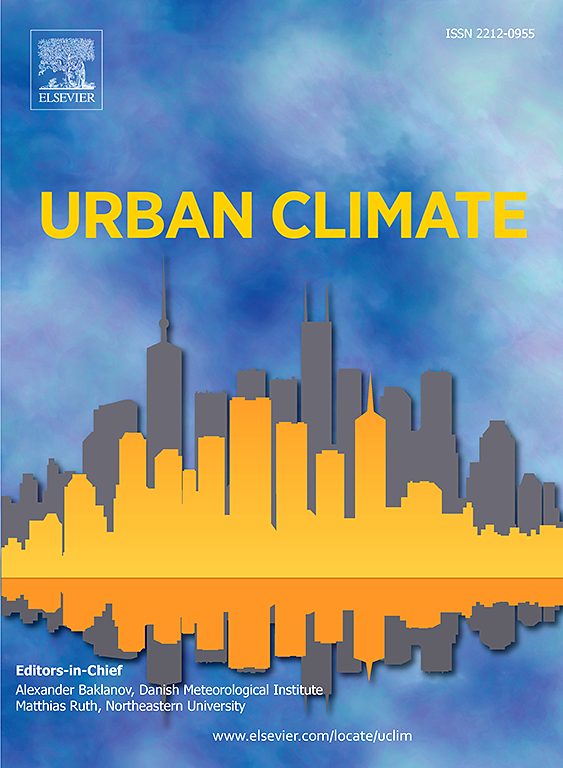Effects of urban green space on human cognition: A systematic search and scoping review
IF 6
2区 工程技术
Q1 ENVIRONMENTAL SCIENCES
引用次数: 0
Abstract
Urban green space is associated with cognitive functions, but the underlying mechanisms remain unclear due to limited research. Given the diverse forms of green space, which lead to distinct health effects, it is essential to differentiate between types of green space. In this review, we propose a novel conceptual framework categorizing three primary effects of green space on cognitive function: functional, spatial, and perceptual. We then conduct a scoping review using the Web of Science, identifying 37 relevant studies. Among them, 20 studies employ modeling to explore potential mechanisms, while 17 studies infer pathways indirectly. Most studies examine reduced air pollution and increased physical activity as mediating factors, with stronger support for air pollution reduction as a protective mediator. However, evidence on physical activities as a mediator remains mixed. Some studies suggest that merely perceiving green space enhances brain activity, and exposure to nature is linked to improved test performance. Other potential pathways, such as heat reduction and social interaction, remain underexplored. We highlight the limitations of current methods in distinguishing various forms of green space and emphasize the need for advanced methods, such as local climate zones and street view imagery, for more precise assessment.
城市绿地对人类认知的影响:一个系统的搜索和范围综述
城市绿地与认知功能有关,但由于研究有限,其潜在机制尚不清楚。由于绿色空间形式多样,对健康的影响也各不相同,区分不同类型的绿色空间至关重要。在这篇综述中,我们提出了一个新的概念框架,分类绿色空间对认知功能的三个主要影响:功能、空间和感知。然后,我们使用Web of Science进行范围审查,确定了37项相关研究。其中,20项研究采用建模方法探索潜在机制,17项研究间接推断途径。大多数研究将减少空气污染和增加身体活动作为中介因素,更有力地支持减少空气污染作为保护性中介。然而,关于体育活动作为中介的证据仍然是混杂的。一些研究表明,仅仅感知绿色空间就能增强大脑活动,而接触大自然与提高考试成绩有关。其他潜在的途径,如热量减少和社会互动,仍未得到充分探索。我们强调了当前方法在区分各种形式的绿色空间方面的局限性,并强调需要更先进的方法,如当地气候带和街景图像,以进行更精确的评估。
本文章由计算机程序翻译,如有差异,请以英文原文为准。
求助全文
约1分钟内获得全文
求助全文
来源期刊

Urban Climate
Social Sciences-Urban Studies
CiteScore
9.70
自引率
9.40%
发文量
286
期刊介绍:
Urban Climate serves the scientific and decision making communities with the publication of research on theory, science and applications relevant to understanding urban climatic conditions and change in relation to their geography and to demographic, socioeconomic, institutional, technological and environmental dynamics and global change. Targeted towards both disciplinary and interdisciplinary audiences, this journal publishes original research papers, comprehensive review articles, book reviews, and short communications on topics including, but not limited to, the following:
Urban meteorology and climate[...]
Urban environmental pollution[...]
Adaptation to global change[...]
Urban economic and social issues[...]
Research Approaches[...]
 求助内容:
求助内容: 应助结果提醒方式:
应助结果提醒方式:


